Media releases
Here you can find the media releases of the German Centre for Integrative Biodiversity Research (iDiv) Halle-Jena-Leipzig. Please note, that all images contained in the media releases are for use in connection with the press release, exclusively. For any other usage purposes, please contact the Media and Communications department (presse@idiv.de).
all news | only media releases
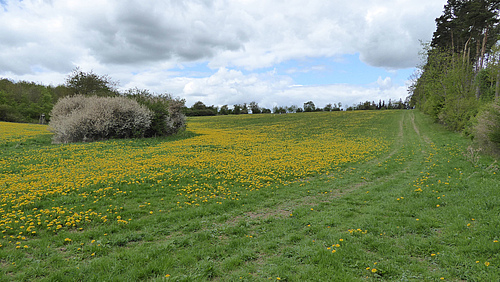
Effects of land use on soil biodiversity in cropland and grassland › more
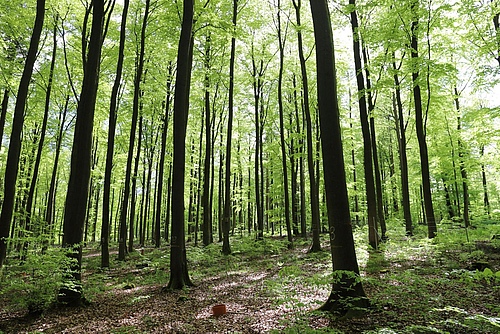
Biodiversity, ecosystems and economics of enriching beech forests with conifers › more
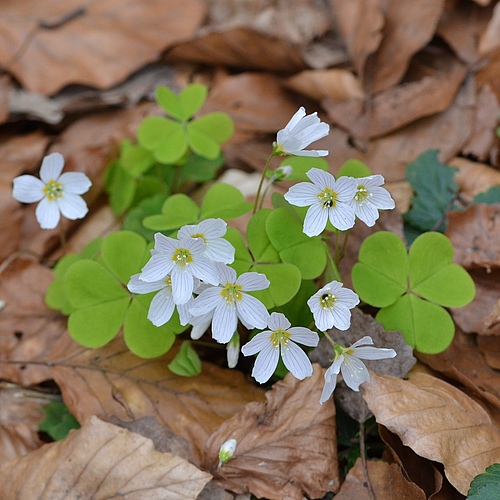
New study published in Science › more
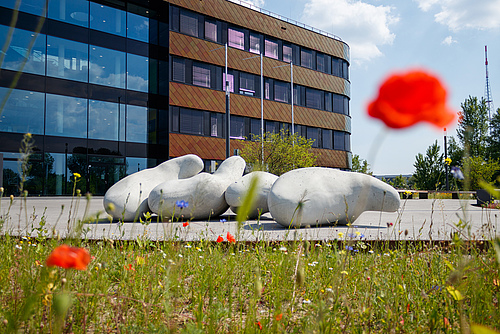
Today, the German Centre for Integrative Biodiversity Research (iDiv) enters a new phase with new funding, a new COO, and a new research group. › more
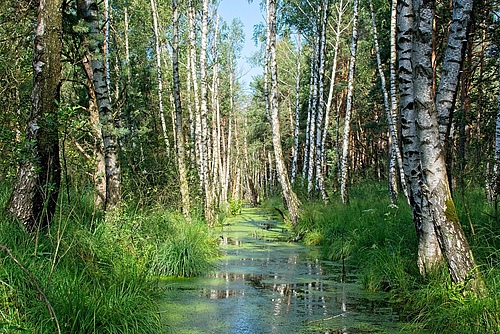
More than half of Germany’s habitat types have an ecologically unfavourable status › more
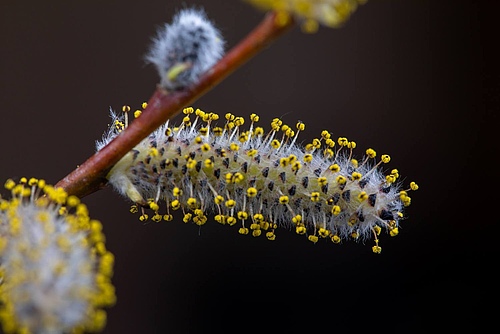
New study shows climate impact › more

Botanik-Tagung takes place from 15 to 19 September at Martin Luther University Halle-Wittenberg › more
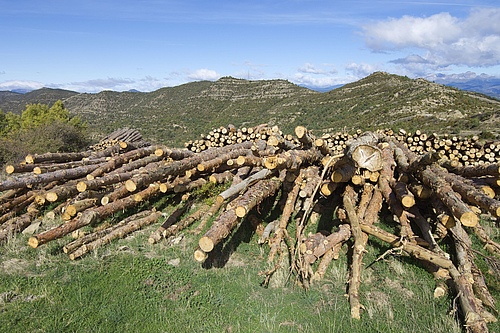
Serious impact on climate, say researchers › more

Birds and mammels on islands have a slower metabolism than their closest relatives on the mainland › more
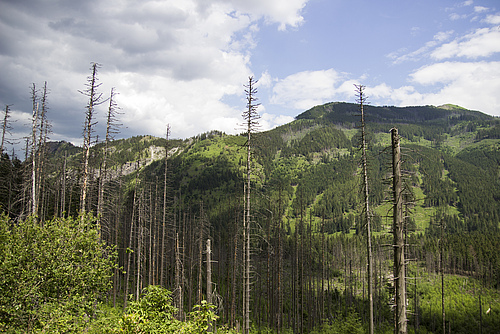
Early career researchers study sustainable development › more
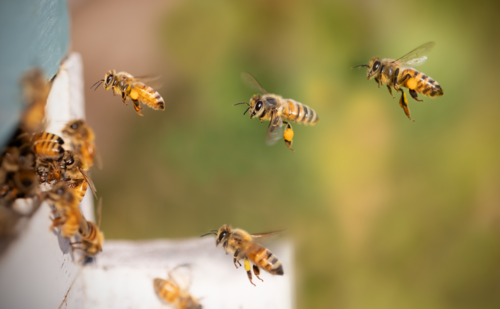
A new study reveals how farming practices affect colony health. › more

Researchers developed a comprehensive framework to promote diversity, equity, and inclusion in global biodiversity research › more
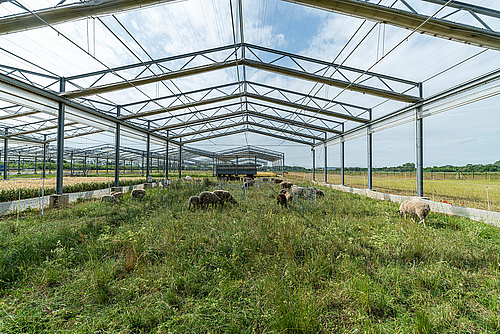
Low-intensity grassland is better able to withstand the consequences of climate change › more
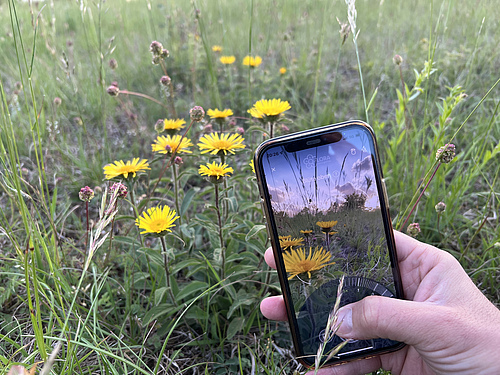
By leveraging millions of time-stamped observations, researchers can identify plant rhythms and ecological patterns year-round › more
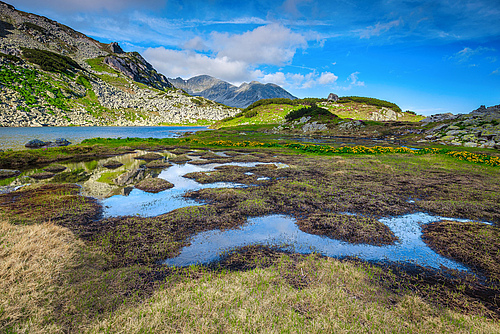
Study identifies policy needs, challenges, and future pathways. › more
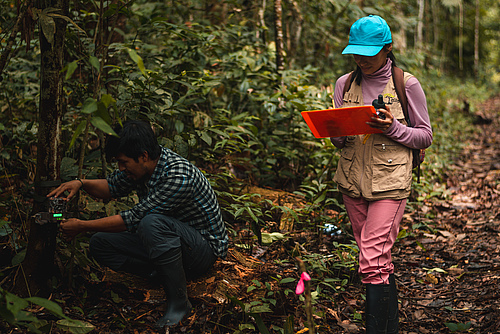
Report by Jose Valdez, postdoctoral researcher of Biodiversity Conservation at iDiv and Martin Luther University Halle-Wittenberg (MLU) Despite hosting some of the world's most biodiverse ecosystems… › more
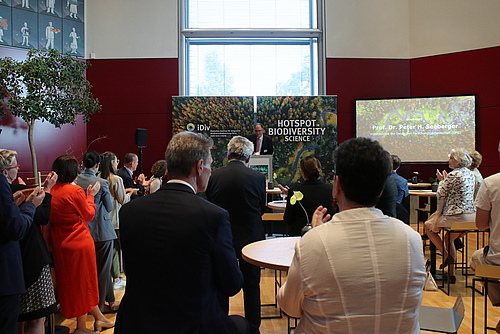
iDiv met with members of the Bundestag to discuss expanding Germany's role › more
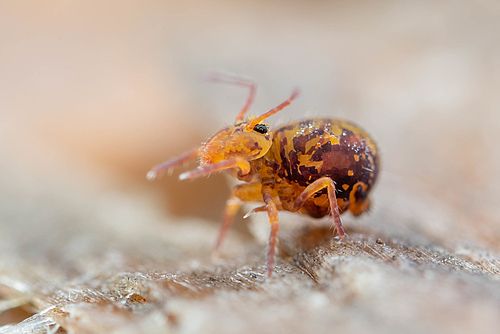
Life strategies of a multitude of soil faunal taxa can affect the formation of organic matter in soil. › more
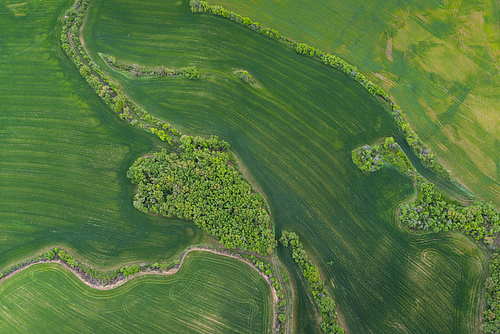
New study in Nature Communications › more

Land users struggle with inflexible regulations and a lack of workforce › more

Largest modelling study of its kind, published in Science › more

Local differences in plant traits partially explain variation in climate-regulation processes › more

Researchers at iDiv propose a new strategy for rewilding amphibians in a recent study. › more

One-third of Africa’s great ape population faces risks related to mining › more

Diana Wall passed away on the 25th of March 2024. Diana Wall, a leading environmental scientist and soil ecologist, has been a longstanding member of iDiv's Scientific Advisory Board (SAB) and part… › more

New study reveals how social status and behaviour are reflected in the genetic makeup › more

Ecologist Prof Henrique Pereira is part of the ECB's Motifs Advisory Group, which proposes motifs for the next generation of euro banknotes. › more

Fish species respond to temperature increases by going after more readily available prey. Models suggest this behaviour could lead to more extinctions. › more

A new approach to quantify the dependency of international trade and so-called Nature’s contributions to people › more

Nature study on the effects of land use change in tropical ecosystems › more

Study identifies vegetation types most in need of conservation efforts to protect threatened species. › more

Higher temperatures could pose the greatest threat › more

The US researcher will use the prize money for several stays at iDiv › more

Survey shows positive attitudes towards rewilding in the Oder Delta region, but finds locals’ feelings are mixed. › more

Whitepaper examines the role of technology and finance to address biodiversity challenges › more

Wirth’s work complements research focus of the Max Planck Institute › more

Effects of extreme drought have been greatly underestimated › more

Study reveals link between frequent plantation visits and infant mortality in wild southern pig-tailed macaques in Peninsular Malaysia › more

Interview with Martin Quaas, head of Biodiversity Economics research group › more
